LIPKOWSKI INTERNATIONAL SYMPOSIUM
On Physical Chemistry & Its Applications for Sustainable Development (4th Intl. Symp.)

Bio | CV | Publications
This major symposium is in honor of the distinguished work and lifetime achievements of Prof. Janusz Lipkowski, a very well-known professional with deep impact in physical and structural chemistry and its applications for sustainable development.
Prof. Janusz Lipkowski, 81, was educated at Warsaw University, Faculty of Chemistry (MSc) and at the Institute of Physical Chemistry, Polish Academy of Scinces (PhD and DrHab) the leading Polish scientific institutions. Acting as the Head of Laboratory of Physicochemistry of Supramolecular Complexes and Director of the Institute of Physical Chemistry he brought them to the most modern chemistry science ranging from advanced theories in physical chemistry to practical applications in petrochemistry, material science, analytical chemistry and catalysis. He is now Emeritus Professor of the Cardinal Stefan Wyszynski University in Warsaw, Full Member of Polish Academy of Sciences where he served as 1st vice-President in charge of scientific institutions, Active Member of Polish Academy of Arts and Sciences, Member of the Academia Europea, Fellow of the Royal Society of Chemistry, Honorary Professor of the Siberian Branch of Russian Academy of Sciences, Foreign Member of the Academy of Sciences of Moldova, Fellow and Past President of Warsaw Scientific Society (the oldest scientific organization in Poland, founded in 1800), member of scientific societies.
Lipkowski's research contributions are presently disclosed in 395 primary research publications, including 17 reviews and book chapters.
Lipkowski’s research has been driven by a combination of curiosity and practical importance of chemical sciences. The advent of supramolecular chemistry, precedented somehow by the science of inclusion chemical compounds, has beed the major stimulating factor in his work, ranging from fundamental research to applications. Starting from clathrate type compounds formed by coordination host complexes and their importance in analytical and technological processes, through the use of cyclodextrins as supramolecular hosts in science and technology to synthetic hosts, crowns and cryptates as well as a long series of novel systems as calixarenes, cucurbiturils and the like, the research performed by Lipkowski’s group and cooperating partners has grown up to high class fundamental knowledge and became an important portion of the present state of our science, however modest in size in view of the rapid growth of the field.
In Werner clathrates, basing on broad range experimental data, from synthetic through kinetic and thermochemical and structural, he achieved exhaustive physicochemical description of the systems permitting design and optimisation of processes, including sophisticated clathrate chromatography and large scale isomer separaions in systems otherwise difficult to separate, including chiral components and even isotopomers. The results fall into the category of organic zeolites and conform, at present, the clear picture of observations and interpretations, from basic to applied in the systems of practical importance, as e.g. illustrated by patented methods of preparation of organic isomers of high purity, or specially designed chromatographic systems.
The supramolecular systems based on porous molecules were in the Lipkowski’s lab started from semi-synthetic cyclodextrins and then extended to synthetic systems, crown derivatives calixarenes and cucurbiturils. The knowledge of clathrate (or, strictly speaking, organic zeolite) behaviour has proven extremely helpful in studying those systems due to many similarities and/or common behaviour.
It is worth to mention Lipkowski’s merits in Introduction of supramolecular chemistry to science in Poland: the book “Chemia supramolekularna” (1985, the author J-M. Lehn); series of International Summer Schools on Supramolecular Chemistry – jointly with Jean-Marie Lehn and several top rank speakers; organization of international symposia in the field, starting from 1980, initiation and development of new scientific journals and book series played a role in dissemination novel concepts and achievements worldwide. Dissipation of novel scientific achievements in the society has been constantly among his main goals.
Research in the above field is experimentally difficult due to non-stoichiometric nature of the solid products. Lipkowski, with the assistance of competent partners internationally, elaborated especially adapted procedures for experimental studies of x-ray structure, thermochemical measurements and fundamental analytical determinations, with particular emphasis on fine powder samples of inclusion-type compounds.
The methodology invented as above has proven extremely important and useful in successful studies of the wide range intermolecular compounds, clathrates, organic zeolites, intercalates etc. and was the basis for several important discoveries: novel hydrates of layered and tubular structures, semiclathrates, hydrates of aminoacids and dipeptides, endo- and exohydrates of different substrates. All these have been greatly developed internationally and become standard worldwide.
After retirement at the Institute of Physical Chmistry of Polish Academy of Sciences Janusz Lipkowski mved to the Cardinal Stefan Wyszunski University in Warsaw where his mainresearch area became structural coordination chemistry with biochemical appearance – in cooperation with foreign biological labs. This part in his list of papers is composed of 35 pieces, starting from 2010 (3 years before retirement at the Institute).
A minor, however important, is Lipkowski’s cooperation with photochemists studying the, so-called, ‘preparation structure’ of phototautomeric moleules. The idea was a part of his interests over the years and produces a few important papers.
It is important to mention the problem of methane hydrate on Earth. Methane gas eruptions are occasionally observed in permafrost regions and in petrochemical drilling on the sea. It is dangerous per se but more important is the geological hazard associated with it, due to high potency of methane as the green house gas and, on the other hand, its enormously large deposits on our planet. This problem belongs to the clathrate programs of Janusz Lipkowski.
It is presently very well known that water shows excellent, almost magic, capabilities to bind hydrophobic compounds without making any chemical bonds to it. Simply, water molecules form framework structures via hydrogen bond between them (i.e. water-water). The reulting crystal structures are not stable without filling-up the empty spces between water molecules by foreign species. Necessary to mantain the overall structure stable but not forming direct bonds water-guest species. The products release the guest (methane) when molten what terribly adds to the global warming process and may lead to catastrophic situations. It is important to make this problem well known and understood in order to prevent hazardous option at large scale.
This introduction is only a very brief overview of the extremely large breadth of Lipkowski's innovative research, and those with the largest impact in the scientific communities were presented. His minor activities contain structural archaeology (in cooperation with the research lab of Louvre museum) and ecological fireworks (strong limitations of toxicity of waste materials).
Contributed articles will be double peer-reviewed and published in Conference Official Proceedings, with an ISBN and an ISSN number and available through many indexes such as Scopus, EI index, Google Scholar, CiteSeerX etc. Selected contributed articles will also be published in reputable Journals.
ROUND TABLE DISCUSSIONS
A round table discussion open to everyone interested will be organized during the symposium. This will allow high level representatives of various industries, technologies, and academic disciplines to discuss and debate freely, without reservations, all topics of this symposium and identify possible research and development pathways towards a future industry with increased sustainability. Click here for a description of the topics of symposium and the round table.
You are cordially invited to actively participate in this symposium by submitting and presenting a paper, or by attending the round table. We look forward to meeting you
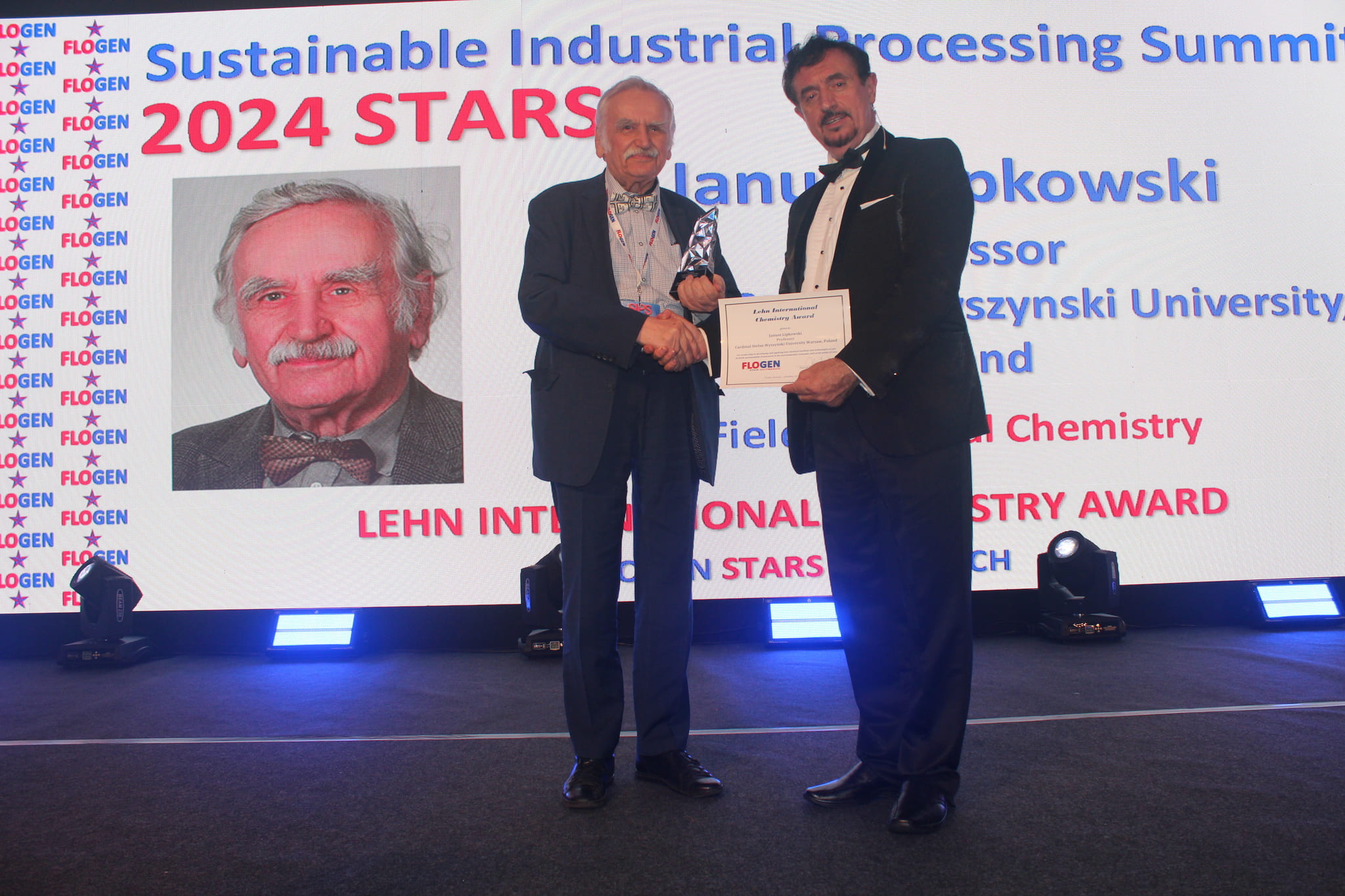
Dr. Janusz Lipkowski receiving the Lehn International Chemistry Award from Dr. Florian Kongoli at FLOGEN SIPS 2024
Lifetime photos can be viewed here:
Janusz_Lipkowski_PPT.pptx
Click here to see the detailed scope and topics.To download Flyer, click on the icon:

 Click here to see the General Author Invitation: https://www.flogen.org/sips2024/invitations/Physical_General_Author_Invitation.htmlClick here to see the Social Media Text: https://www.flogen.org/sips2024/socialmediatext/Physical_Social_Media_Text.htmlClick here to see other resources for this symposium: https://www.flogen.org/sips2024/symresources.php?sym=53Click here to view the list of abstracts for this symposium: https://www.flogen.org/sips2024/technical_program.php?a=d82c8d1619ad8176d665453cfb2e55f0
Click here to see the General Author Invitation: https://www.flogen.org/sips2024/invitations/Physical_General_Author_Invitation.htmlClick here to see the Social Media Text: https://www.flogen.org/sips2024/socialmediatext/Physical_Social_Media_Text.htmlClick here to see other resources for this symposium: https://www.flogen.org/sips2024/symresources.php?sym=53Click here to view the list of abstracts for this symposium: https://www.flogen.org/sips2024/technical_program.php?a=d82c8d1619ad8176d665453cfb2e55f0CHAIRS
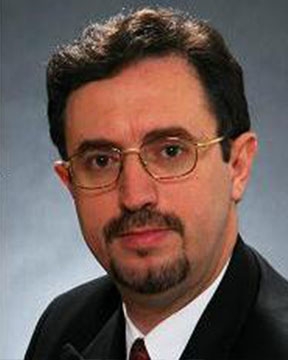
Dr. Florian
KongoliCEO/President
FLOGEN TechnologiesCanada,
[Bio]
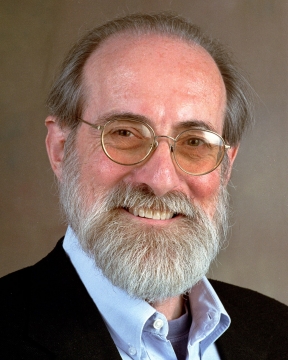
Dr. Jerry
AtwoodProfessor Emeritus
U. of Missouri-ColumbiaUSA,
[Bio]
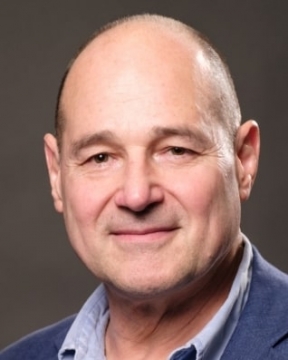
Dr. Len
BarbourProfessor
U. of StellenboschSouth Africa,
[Bio]
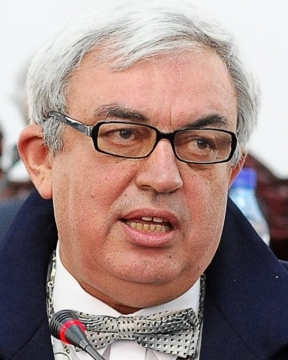
Dr. Gheorghe
DucaProfessor
Moldova State U.Moldova,
[Bio]
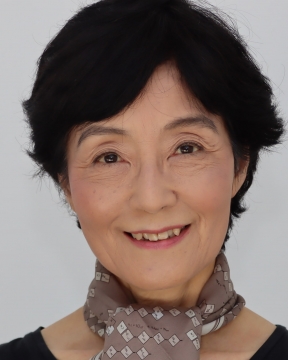
Dr. Reiko Kuroda
Professor
U. of Tokyo
Japan
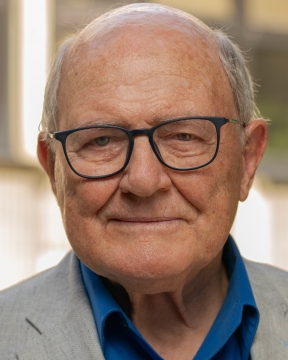
Dr. Andrzej
LegockiProfessor
Polish Academy of SciencesPoland,
[Bio]
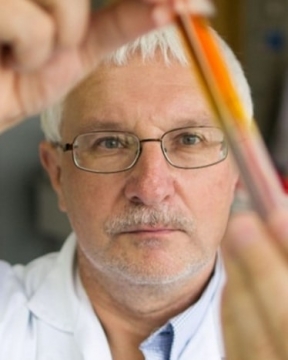
Dr. Michael
ZaworotkoChair of Crystal Engineering
U. of LimerickIreland,
[Bio] 









